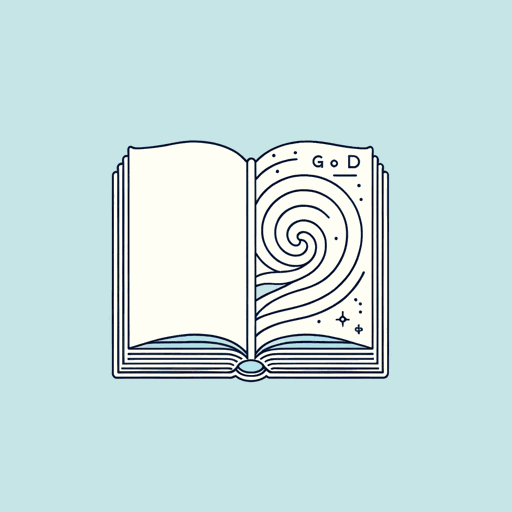58 pages • 1 hour read
Karen ArmstrongA History of God: The 4000-Year Quest of Judaism, Christianity, and Islam
Nonfiction | Book | Adult | Published in 1993A modern alternative to SparkNotes and CliffsNotes, SuperSummary offers high-quality Study Guides with detailed chapter summaries and analysis of major themes, characters, and more.
Part 6Chapter Summaries & Analyses
Part 6, Chapter 10 Summary: “The Death of God?”
In the transformative 19th century, with sweeping advancements in science and technology, the very essence of divinity was put under the microscope. The era fostered a spirit of autonomy, resulting in increasing skepticism toward traditional religion. Thinkers like Ludwig Feuerbach and Karl Marx advanced ideologies that denied the existence of God, positioning human beings at the center. Darwin’s evolutionary theory provided an alternative explanation to the biblical account of creation, challenging long-held religious beliefs. Nietzsche’s bold proclamation that “God was dead” (506) signified a profound shift, suggesting that humanity could surpass its need for God, aspiring instead to the ideals of the “Superman.” Nietzsche critiqued Christianity for stunting human potential, while Freud, viewing religion as an evolutionary relic, predicted that science would eventually replace God in societal significance. However, he was also wary of the repercussions of eradicating religious beliefs too abruptly.
The Romantic movement provided a counter-narrative. Romantics, including luminaries like John Keats, William Wordsworth, and William Blake, stressed the sanctity of imagination and intuition. They posited these faculties as gateways to truths, which, though not empirically verifiable, were deeply human and profound. In a similar vein, theologian Friedrich Schleiermacher emphasized religion’s emotional dimension. He believed that the sensation of “absolute dependence” was intrinsic to the religious experience.

